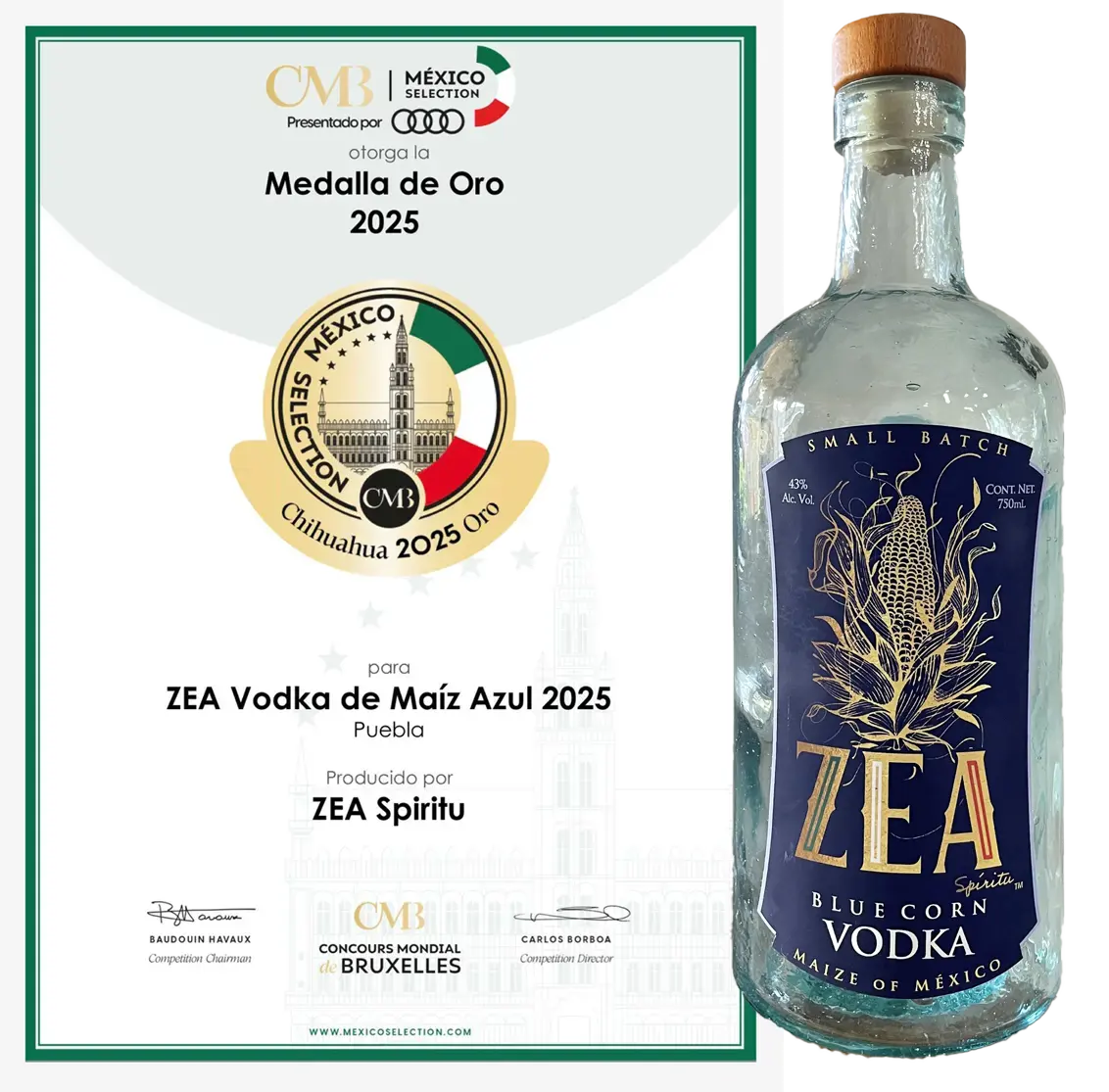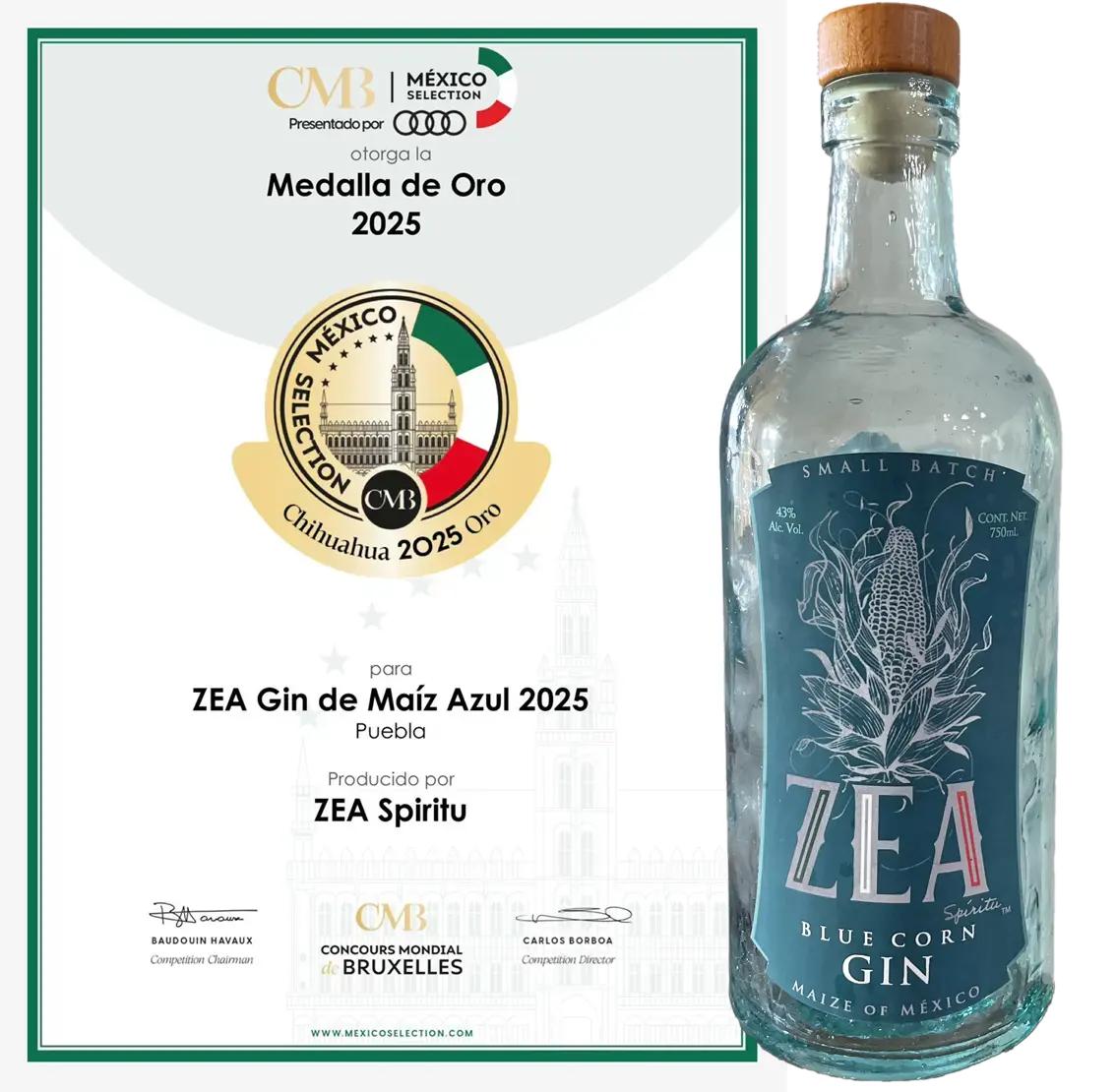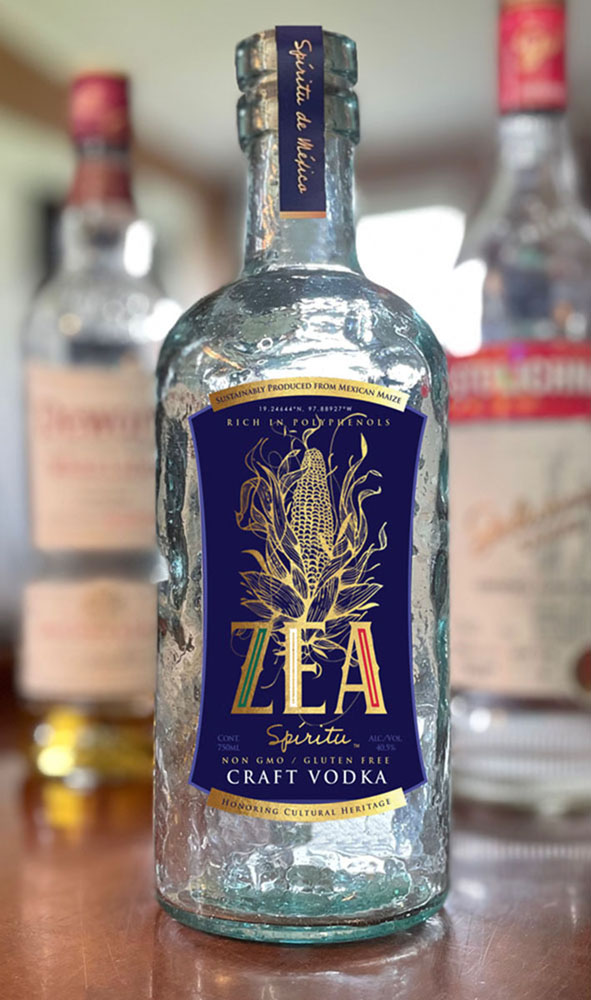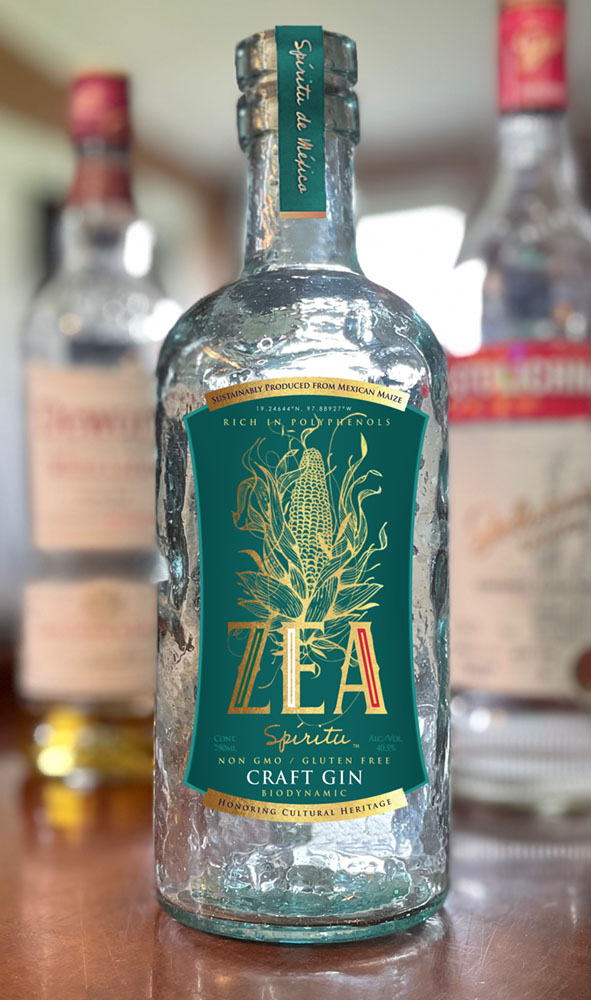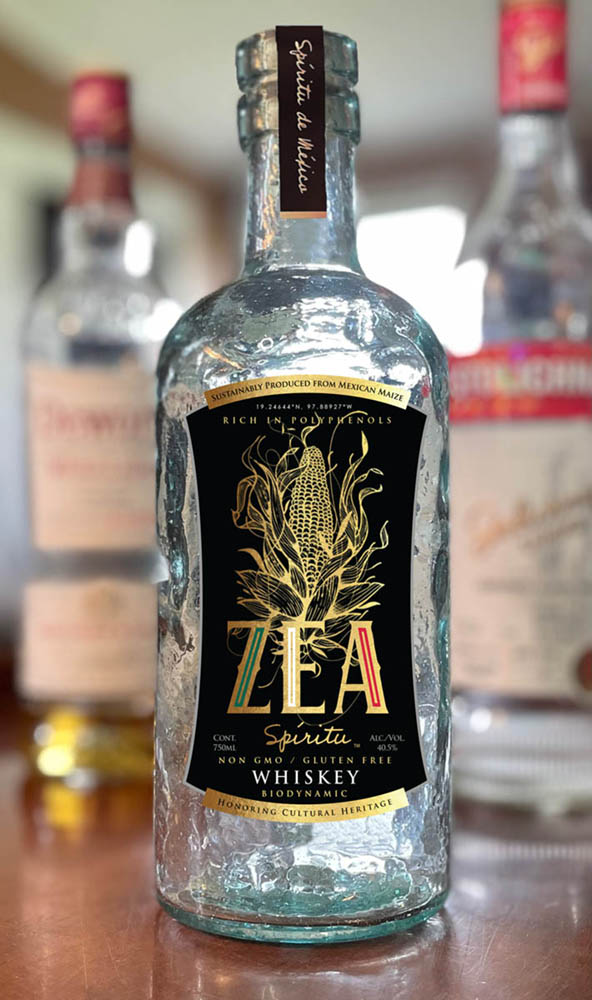Why ZEA Spirits Skip the Hangover
Many very popular spirits are loaded with these culprits, while our ultra-pure ZEA vodka is carefully crafted for clarity and smoothness, deriving ALL of our alcohols directly & exclusively from our heirloom blue corn, minimizing those effects so you can enjoy the night without the next-day regret.
Our process costs us more & takes more time, but to us, it’s worth it.
A Family of Maize Spirits

Heirloom Maize Spirits
Lovingly distilled from the most representative grain of Mexico: Maize. Derived from the interior states a carefully guarded seed line, preserved free from genetic modification, always organic, submitted to and reliant upon nature’s cycles providing gentle rains at the perfect times to produce a crop as it has been for thousands of years.
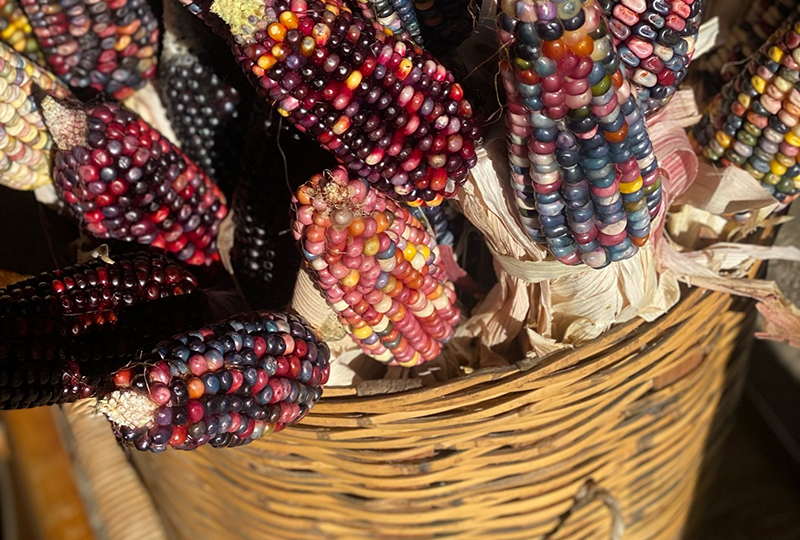
Germinating ZEA
From Puebla/Tlaxcala (two states in central Mexico) region, comes a corn that has grown in the region for over 10,000 years, nourished by volcanic water, and harvested century after century.
Our ZEA-maize, genus ZEA-mexicana, holds a captivating secret, the extraordinary role it played in the origins of our civilization. The Otomí cultivated ZEA-maize on the exact ground we sustainably farm our corn for ZEA Family of Spirits.
We invite you to journey with us on our exceptional adventure with this premium spirits brand as we celebrate ZEA Spíritu.
Heritage
At ZEA Spíritu, we see corn not as a commodity, but as a living heritage. The blue corn we work with carries the genetic memory of the valley between Puebla and Tlaxcala, in the shadow of La Malinche. Each kernel is a story of resilience — of farmers, families, and fields that have kept this sacred plant alive against the tide of industrial erosion. Our mission is to help corn survive and thrive:
- Working hand-in-hand with farmers like the Altamirano family and Mose.
- Committing to sustainable, biodynamic practices that protect soil and water.
- Transforming ancient corn into world-class spirits that carry its voice across borders. Every bottle of ZEA is more than a drink — it is a promise. A promise to keep this 10,000-year-old heritage alive, to protect its dignity
Puebla, MX
An Ode to our Maize — enjoy a fully authentic immersion: local food, local chef, and the first tastings of our flagship ZEA Maize Vodka RESERVE small batch bottles are available as of the 1st of October, 2023.
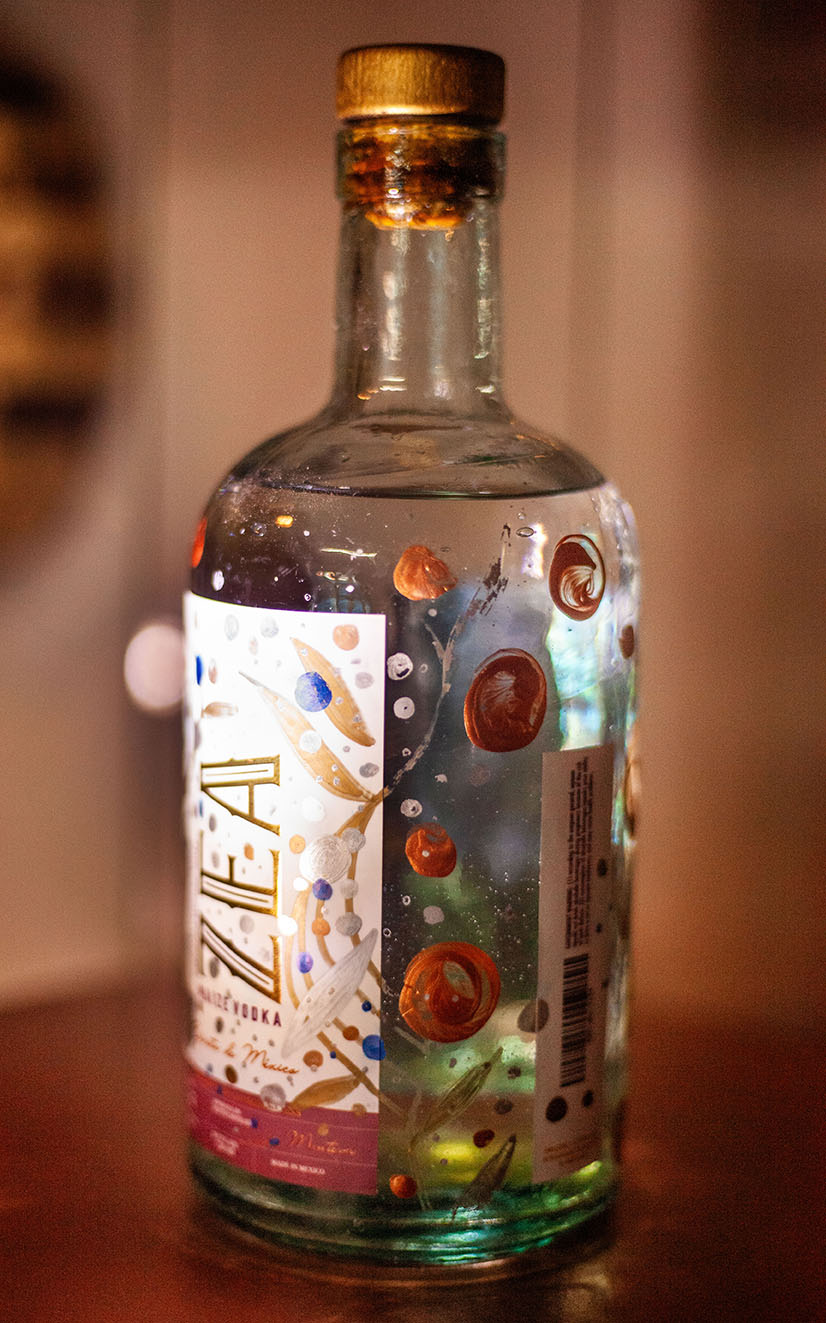
An Authentic Mexican Experience
Schedule a ZEA Studio Visit

